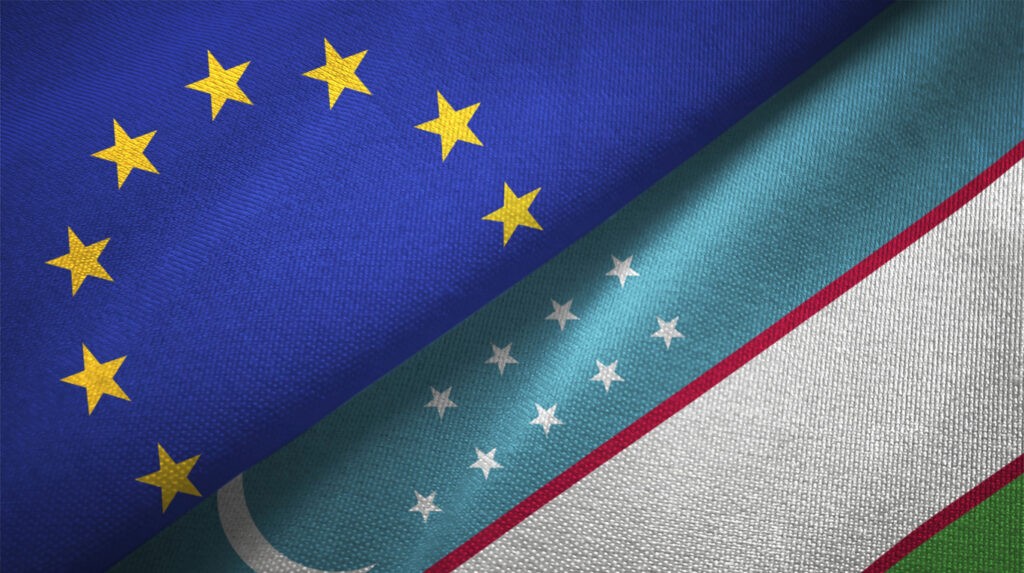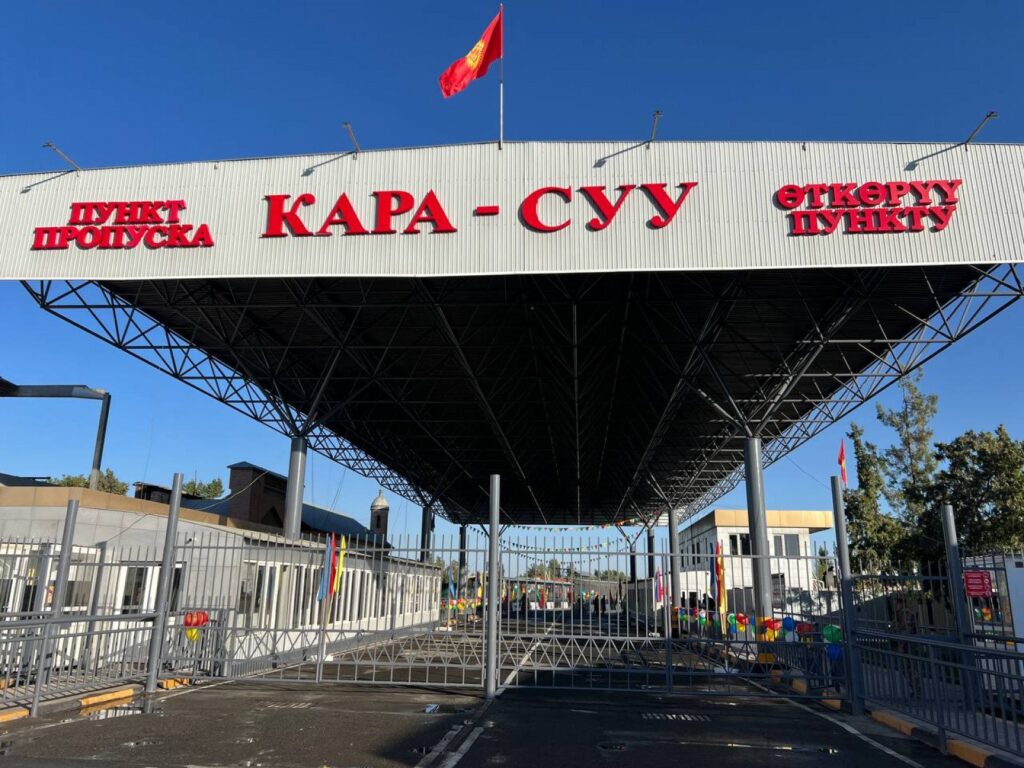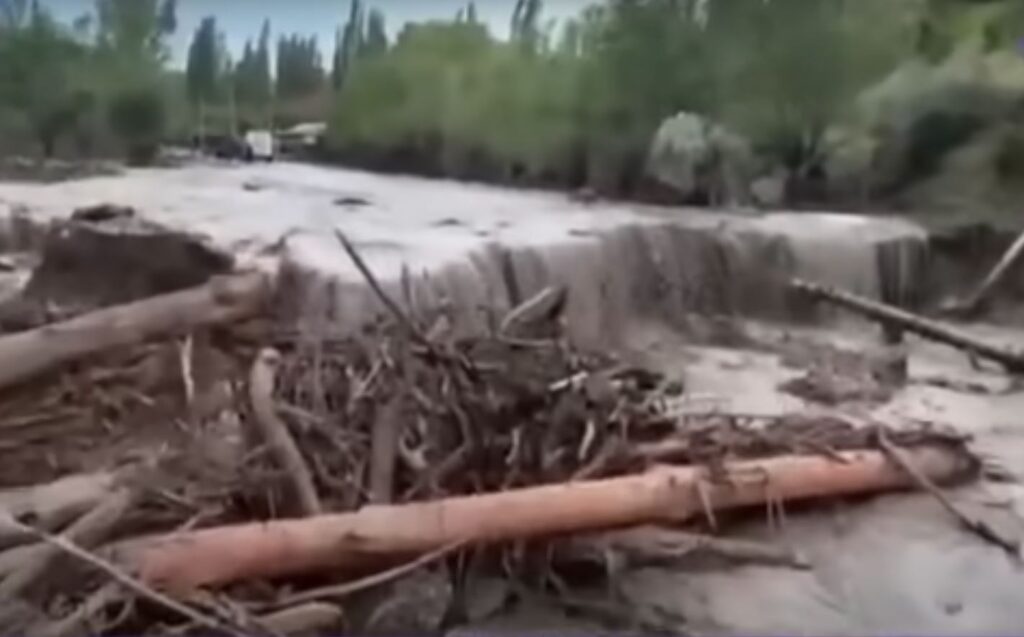ALMATY (TCA) — Projects supported by the European Union in Central Asia have had a significant impact in helping communities to be better prepared for natural disasters. The European Union’s Disaster Preparedness Programme (DipECHO) has invested €46 million in over 100 projects across the region, supporting both the population and the governments of the region in preparing for and mitigating the consequences of natural disasters since 2003. The countries that have benefited are Kazakhstan, Kyrgyzstan, Tajikistan, Turkmenistan and Uzbekistan, the Delegation of the European Union to Kazakhstan said on November 13.
Key achievements of these projects include:
– Encouraged local authorities and central governments to promote the integration of disaster risk reduction into policy, budgets and legislation
– Helped vulnerable communities in high risk areas gain expertise in disaster risk reduction
– Trained thousands of school children and teachers to be prepared to deal with disaster situations
– Equipped and funded the modernisation of schools to better withstand natural hazards
– Helped communities to set up disaster risk reduction (DRR) committees.
“This significant contribution over the years underlines the European Union’s commitment to the people of Central Asia, which DipECHO has contributed to make a safer place,” said Androulla Kaminara, Director of Operations for the European Civil Protection and Humanitarian Aid Operations. “We are very proud of what has been achieved in the different countries of the region: innumerable communities are today better prepared to cope with the natural hazards that affect them, and disaster risk reduction has become an integral part of government policies.”
Having delivered on its objectives through DipECHO — namely to support local communities in better preparing for and coping with recurring natural disasters; to promote the evolution of sustainable national DRR strategies in the five central Asian countries; and to encourage regional co-operation and knowledge sharing — EU support for disaster preparedness will from now onwards be channeled through development funding instruments. These will be defined in coordination with the respective governments in the region and will build on the experience and knowledge amassed from the DipECHO programme.









